The question was asked first on LinkedIn where other answers can be found. My answer was:
“Dear Wei,
Your question immediately brought to mind one of my hero's approaches to the problem of living in turbulent times. Shakespeare lived in very turbulent times and knew well the masks that people had to use to survive. (See "Shadowplay: The Hidden Beliefs And Coded Politics of William Shakespeare" by Clare Asquith linked below).
Two things are interesting about this problem of masks. Everyone assumes others are wearing masks all the time. So even when you are just trying to be yourself, no one believes you because they see you as having a hidden agenda at all times.
Thus, the Fool (read Jay Leno or David Letterman for example) can play jokes on the public officials (the President for example) without real worry of consequences even though they are dead serious in their comments about the emperor's lack of clothing.
Enjoy, then, Shakespeare's wisdom about the decay and corruption he saw about him in such a state of affairs, from his play "As You Like It":
All the world's a stage,
And all the men and women merely players:
They have their exits and their entrances;
And one man in his time plays many parts,
His acts being seven ages.
At first the infant,
Mewling and puking in the nurse's arms.
And then the whining school-boy, with his satchel
And shining morning face, creeping like snail
Unwillingly to school.
And then the lover,
Sighing like furnace, with a woeful ballad
Made to his mistress' eyebrow.
Then a soldier,
Full of strange oaths and bearded like the pard,
Jealous in honour, sudden and quick in quarrel,
Seeking the bubble reputation
Even in the cannon's mouth.
And then the justice,
In fair round belly with good capon lined,
With eyes severe and beard of formal cut,
Full of wise saws and modern instances;
And so he plays his part.
The sixth age shifts Into the lean and slipper'd pantaloon,
With spectacles on nose and pouch on side,
His youthful hose, well saved, a world too wide
For his shrunk shank; and his big manly voice,
Turning again toward childish treble, pipes
And whistles in his sound.
Last scene of all,
That ends this strange eventful history,
Is second childishness and mere oblivion,
Sans teeth, sans eyes, sans taste, sans everything.”
What do you think?
Please include your comment here or contact me to discuss.
Thanks.
John Darrouzet
for people who want to make better decisions
The Decision-Maker's Path (tm)...
Quick Overview
Blog Archive
-
▼
2008
(132)
-
▼
March
(81)
-
▼
Mar 02
(10)
- Would you give a special treatment to your staff w...
- What do you consider to be appropriate ways of res...
- WHY: Is Humility Really Powerful?
- What's your brand?
- Are you aware of nonviolent communication?
- How do you inspire passion and real loyalty in you...
- WHY: Do we have two faces?
- Refusing to dig deep?
- What is the secret to overcoming moral schizophrenia?
- Alphabetical List of Blogs
-
▼
Mar 02
(10)
-
▼
March
(81)
Discovering the centers ...

... of embedded insights
MOVIES FOR DECISION-MAKERS
Below are the cover images of movies for decision-makers, with clues to better decision-making.
Romero: the significant decision
"I know men and I tell you that Jesus Christ is no mere man. Between Him and every other person in the world there is no possible term of comparison. Alexander, Caesar, Charlemagne, and I have founded empires. But on what did we rest the creation of our genius? Upon force. Jesus Christ founded His empire upon love; and at this hour millions of men would die for Him."
--Napoleon
Decision-making: like climbing ...

a spiral staircase...one step at a time.
John Darrouzet
Special Counsel for Decision-Makers
Links
Followers
Subscribe To
********************* Advertising Disclaimer *********************
NOTE WELL:
Allowing the placement of the ads set out below should not be interpreted to constitute an endorsement or recommendation in any way by Special Counsel for Decision-Making or John Darrouzet of the content or programs referred to therein by the advertisers.
*****************************************************************************************************************************************
Allowing the placement of the ads set out below should not be interpreted to constitute an endorsement or recommendation in any way by Special Counsel for Decision-Making or John Darrouzet of the content or programs referred to therein by the advertisers.
*****************************************************************************************************************************************
*************************** Legal Notice **************************
Decision-Maker's Path (tm) trademark by, and blog content copyright © 2008, John Darrouzet. All rights reserved.
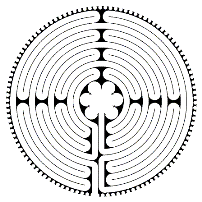
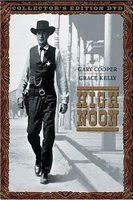

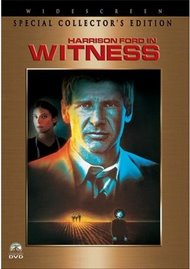
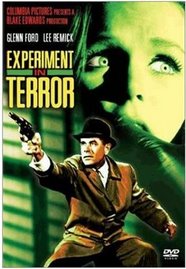


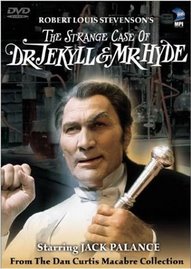
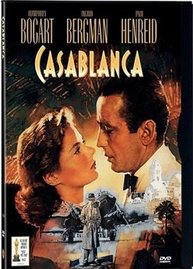
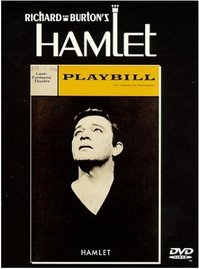
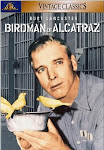
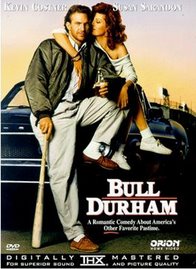
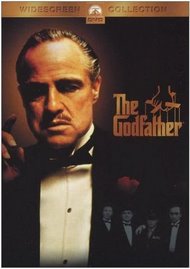
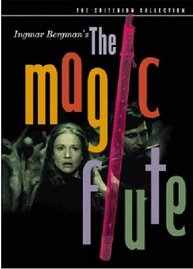
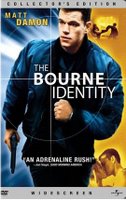
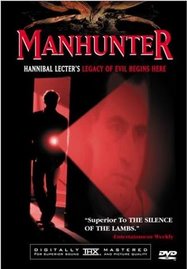
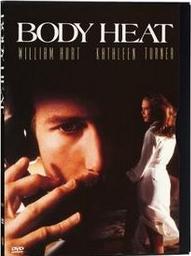
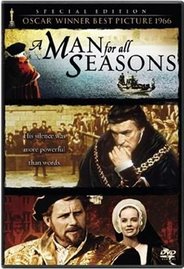

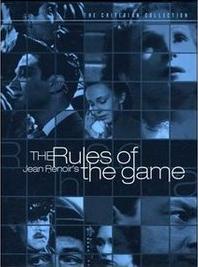
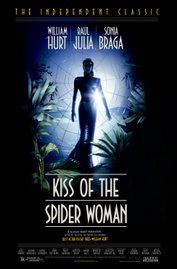
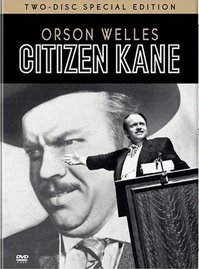

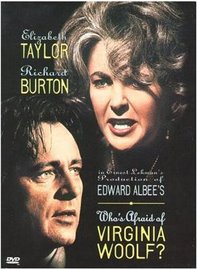
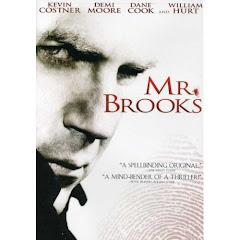


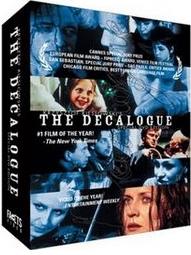



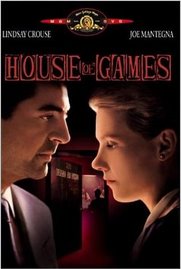



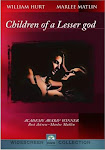

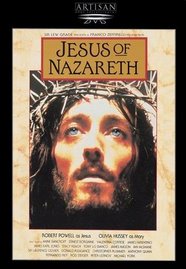
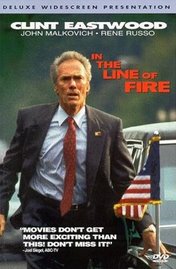
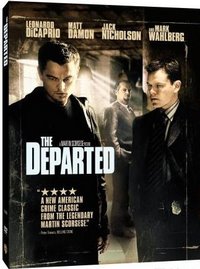

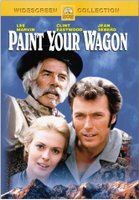
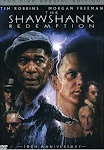






No comments:
Post a Comment